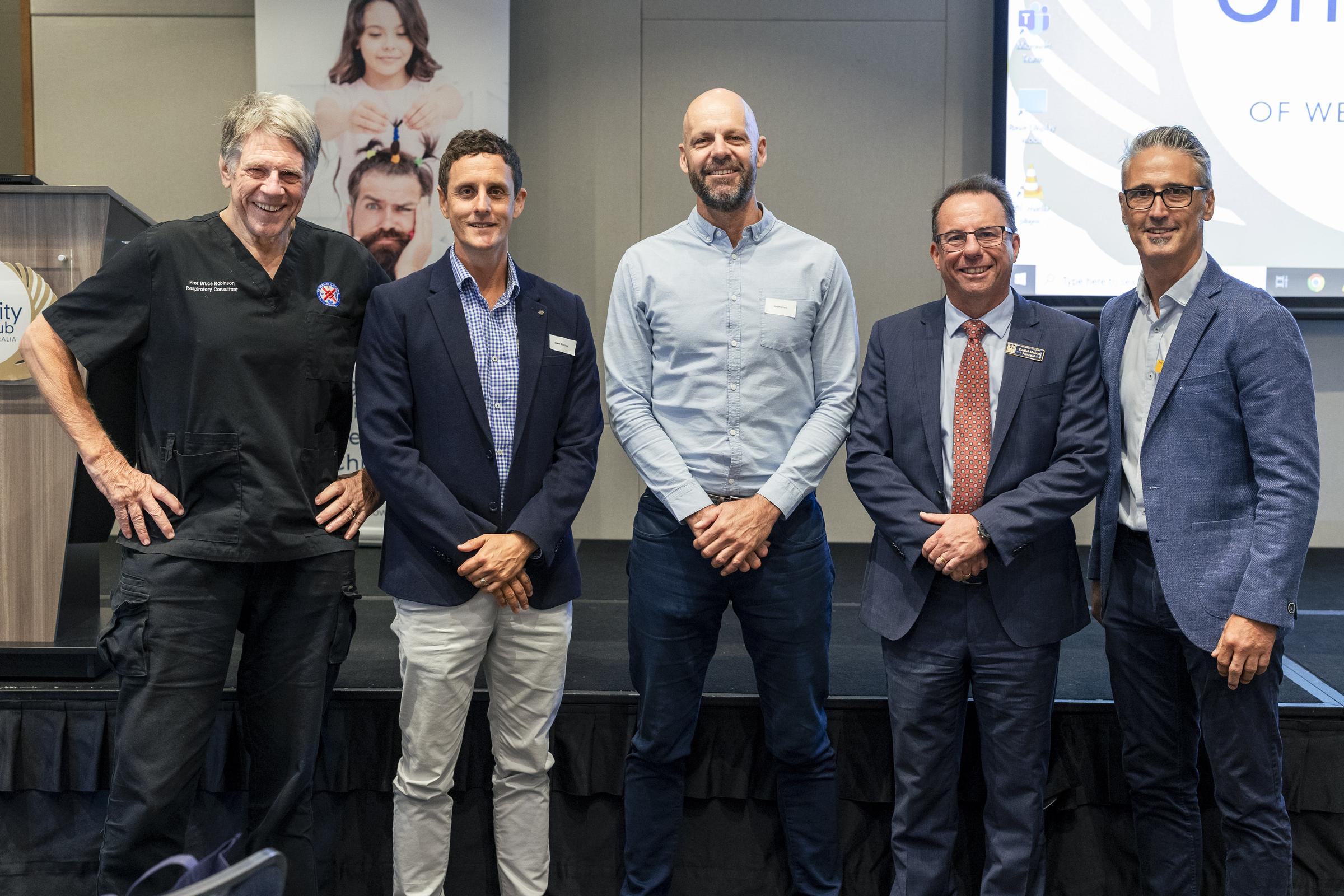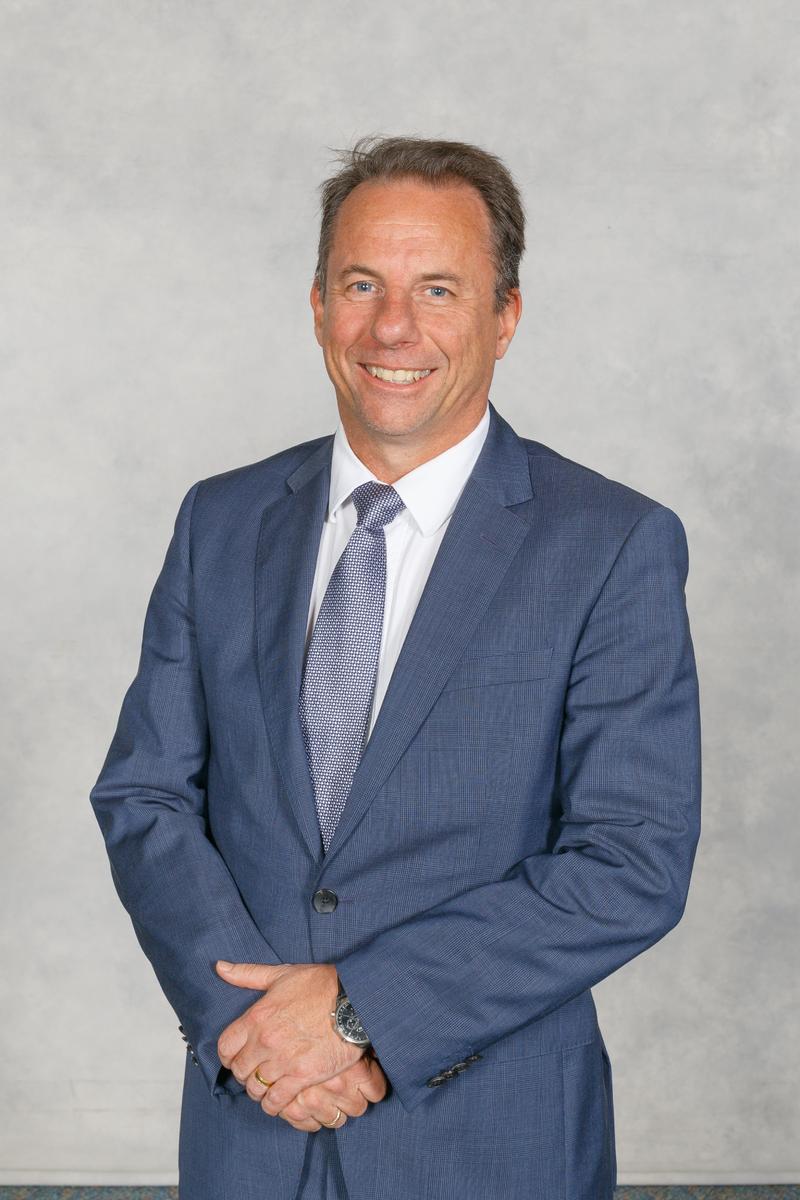From the Principal

‘We are leaning into the challenge’, it was explained to me by a staff member as we problem solved an innovative initiative she and her team are courageously exploring. Yes, I was pleased to hear that the challenge was being leant into, but it did cause me to reflect on why it is such an important action to take. Listening to the discussions during the Men of John XXIII breakfast yesterday reaffirmed this commitment.
The World Economic Forum White Paper, Defining Education 4.0: A Taxonomy for the Future of Learning, identifies problem solving, collaboration and adaptability as three essential skills in need of development for students to thrive in our rapidly changing world. Key attitudes and values needed to prepare young students for the Fourth Industrial Revolution include grit (resilience in the face of adversity), a growth mindset (where setbacks are interpreted as 'not yet' rather than failure) and initiative (the willingness to take on responsibilities and challenges).
What is this Fourth Industrial Revolution we are preparing our students for?
As many will be aware, the First Industrial Revolution used water and steam power to mechanise production. The Second used electric power to create mass production. The Third used electronics and information technology to automate production and the Fourth Industrial Revolution is building on the Third. It is characterised by a fusion of technologies that is blurring the lines between the physical, digital, and biological spheres.
So far, those who have gained the most from the Fourth Industrial Revolution have been consumers able to afford and access the digital world. Ordering an Uber, booking a flight, buying a product, making a payment, listening to music, watching a film, can all now be done remotely, increasing efficiency and pleasure for those who have access.
The greatest concern of the Fourth Industrial Revolution, however, is growing societal inequality, particularly given the largest beneficiaries of innovation tend to be the providers (innovators, shareholders and investors).
Given all of this, it is imperative that our students develop as critical thinkers, creatives, communicators and collaborators. Equally important is that our students do so, well informed by our College values and search for Justice, thereby compelling their advocacy for equality, their need to listen to the voices of the marginalised and their active work towards dismantling structures that perpetuate discrimination and disadvantage.
Be it in the academics, sport, music, drama, social justice activities, their own spiritual development, or what we commonly know and understand to be the cura personalis ‘development of the whole child’, our College is well placed to prepare our students for their future. Important to note though, is that same future yearns for their creativity, empathy and stewardship.
Perhaps at times, then, we do need to be reminded of the need to be courageous enough to fully embrace challenge, and so truly benefit from the resultant growth and impact. Perhaps, we also need to be reminded to celebrate that same growth.
As Klaus Schwab, Founder and Executive Chairman of the World Economic Forum, wrote,
‘In the end, it all comes down to people and values. We need to shape a future that works for all of us by putting people first and empowering them. In its most pessimistic, dehumanized form, the Fourth Industrial Revolution may indeed have the potential to “robotize” humanity and thus to deprive us of our heart and soul. But as a complement to the best parts of human nature—creativity, empathy, stewardship—it can also lift humanity into a new collective and moral consciousness based on a shared sense of destiny. It is incumbent on us all to make sure the latter prevails.’
Finally, I extend my thanks to Eric Maroni and all the parents who generously participated in our breakfast panel discussion Fathering Today, Tomorrow and for the Future at the UWA. Hosted by Glenn Mitchell, audience members heard from experts Dr Bruce Robinson, founder of the Fathering Project, Liam Casson and Jon Haines. The discussion was rich, informative and a real pleasure to be a part of.
Daniel Mahon
Principal

